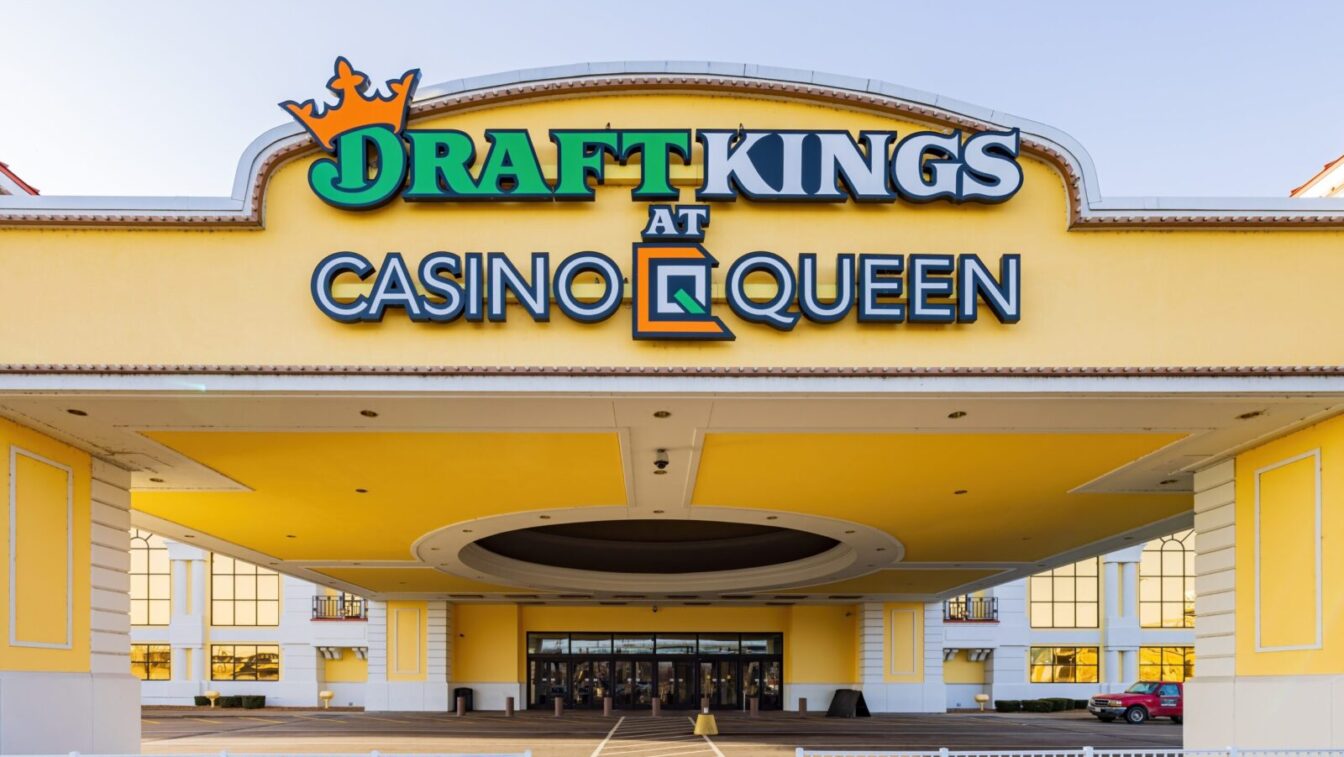Schuetz: Regulatory Paper Tigers And The Impotence Of Fines
Regulators, in utilizing fines, are involved in a form of Kabuki theater
5 min

In March 2017, the U.S. Federal Aviation Administration certified the Boeing 737 Max 8 for commercial service.
On October 29, 2018, a Boeing 737 Max 8, 13 minutes after taking off from Jakarta, crashed into the Java Sea. All 189 people aboard were killed.
On March 10, 2019, another Boeing Max 8 crashed six minutes after leaving Addis Ababa. Again, all 157 aboard were killed.

These crashes were later discovered to be attributable to the failure of the Maneuvering Characteristics Augmentation System (MCAS), among other things. Following these two crashes, this type of plane was grounded worldwide.
Moreover, throughout several different investigations, it was found that Boeing misled investigators.
This led to Boeing and the federal government agreeing to settle criminal charges and defer prosecution. Boeing entered a three-year probationary period during which it would write a big check and promise to clean up its act. And remember, a great many people were dead as a result of Boeing’s carelessness.
Unfortunately, things continued to go wrong with Boeing planes, a noteworthy example being a door plug that blew out on an Alaska Airlines flight on February 5, 2024, forcing an emergency landing. The cause of this event, and other mishaps was attributable to poor maintenance controls.
Aside from problems with parts breaking and falling off of its planes, it is interesting to note that there was also a high volume of whistleblower complaints during the probationary period.
As a result of these subsequent failures on the part of Boeing, the company agreed to plead guilty to a criminal fraud conspiracy charge and pay a large fine in 2024. It is important to note that no individuals were subject to criminal charges, but the company was. One can only imagine the complexity of putting an entire company in jail.
It would seem relevant to mention at this point that Boeing spends a lot on lobbying and political contributions. They are also part of the military-industrial complex.
I bring up the Boeing situation because it is a classic example of little personal responsibility in the modern world of business. Regulators who rely on fines and do not hold individuals accountable are, in my opinion, a form of regulatory failure. This case is particularly noticeable because over 300 people died because of this company’s failures.
Chris Isodore stated the issue quite clearly here: “And despite the fact that almost all illegal actions on behalf of a company are committed by individuals, not the company itself, it’s rare for top executives—especially at larger companies—to face personal punishment.”
A light slap on the wallet
The Boeing situation strongly suggests that fines do not work. There has been extensive research showing that fines have little ability to modify behavior, especially if the fine is minor in relation to the financial significance of the person or entity being fined.
I bring this up because in the new world of gaming regulation, especially in the online sports betting space, regulators continuously utilize the tool of fines that appear to basically be of no consequence to the firms involved.
I invite the reader to pick an operator in the online sports betting space and ask the Google machine or your favorite new AI research engine to list the fines paid by DraftKings, FanDuel, or whomever. You will be reading for a long while.
Moreover, consider the size of the fine in relation to these companies’ revenues. The notion of a drop in the bucket comes to mind.
The point I am trying to make is that regulators, in utilizing fines, are involved in a form of Kabuki theater. The regulators are play-acting mainly for show. It allows the regulatory entity to present an image of being engaged when it is just in a senseless and non-consequential dance with the operator. The regulator is basically a paper tiger, and both the regulator and the operator benefit because it gives the appearance that the regulator is taking care of business.
It hasn’t always been like this.
I have worked in regulated gaming since 1971, and during most of my tenure in the industry, I was very careful not to run afoul of the rules, for the regulators could impose punishments that could sting.
When I was an executive with a Las Vegas strip casino, I was called to the casino president’s office one day. Sitting with the president was the chairman of the Nevada Gaming Control Board. The chairman read me the riot act and suggested that if I did not get his complaint fixed and fixed quickly, he would padlock the building.
The issue was that I had hired an outside vendor to produce a poker tournament, and an individual with a bad past was involved in that package. In my haste to get the tournament launched, I had been sloppy with the due diligence of the vendor’s staff.
It was my bad, and I fixed it.
Did I believe that the head of the NGCB was going to padlock a strip casino? Well, no. But there was certainly no upside to further pissing him off. Plus, he was holding me personally responsible for the screw-up, and rightfully so. I did not want to have a bad image in the eyes of the Board.
Also, back in the day, the regulatory process was less formal, and often I would receive a “request” to meet two agents (one of whom seldom spoke but appeared to be there to listen and witness) at a local coffee shop. I always went alone, generally that day. The next day at the latest. The talking regulator would indicate something that concerned the Board, and in the vast majority of cases, I had it fixed that afternoon.
The point was, in my upbringing in the industry, the last thing I wanted to do was annoy the Board. I, and many of my colleagues, always had this combined element of fear and respect for the regulator. It was the way we did our jobs.
Who’s in charge here?
As I witness the online sports betting scene in the U.S., I feel like I belong to a bygone era. This was best demonstrated by the no-show performed by the online sports betting operators in Massachusetts. This was not an act of non-compliance but a diss. That is why those regulators were upset, for they knew it was totally an act of disrespect. And they should have been upset by this display of arrogance.
Now, if you are a regulator who wants to put in a few years and run to the industry, well, keep doing what you are doing. Put in a few years, let the tail continue to wag the dog, and be on your way.
However, if you want to cause the industry under your purview to behave and operate with a high level of competence, integrity, and honesty, you need to get a bigger hammer—and that hammer is suitability.
Moreover, if you are having a compliance issue with the company, don’t settle for talking to the lawyers and/or compliance folks. Explain to the CEO that you would like him to attend the meeting, and he can explain how this happened. If he or she does not have time to attend, then they may be too busy to adequately serve your state.
Henry Ford had a point when he suggested: “If you always do what you’ve always done, you’ll always get what you’ve always got.”
It is time that the tail stops wagging the dog.
—
Richard Schuetz entered the gaming industry working nights as a blackjack and dice dealer while attending college and has since served in many capacities within the industry, including operations, finance, and marketing. He has held senior executive positions up to and including CEO in jurisdictions across the United States, including the gaming markets of Las Vegas, Atlantic City, Reno/Tahoe, Laughlin, Minnesota, Mississippi, and Louisiana. In addition, he has consulted and taught around the globe and served as a member of the California Gambling Control Commission and executive director of the Bermuda Casino Gaming Commission. He also publishes extensively on gaming, gaming regulation, diversity, and gaming history. Schuetz is the CEO American Bettors’ Voice, a non-profit organization dedicated to giving sports bettors a seat at the table.






